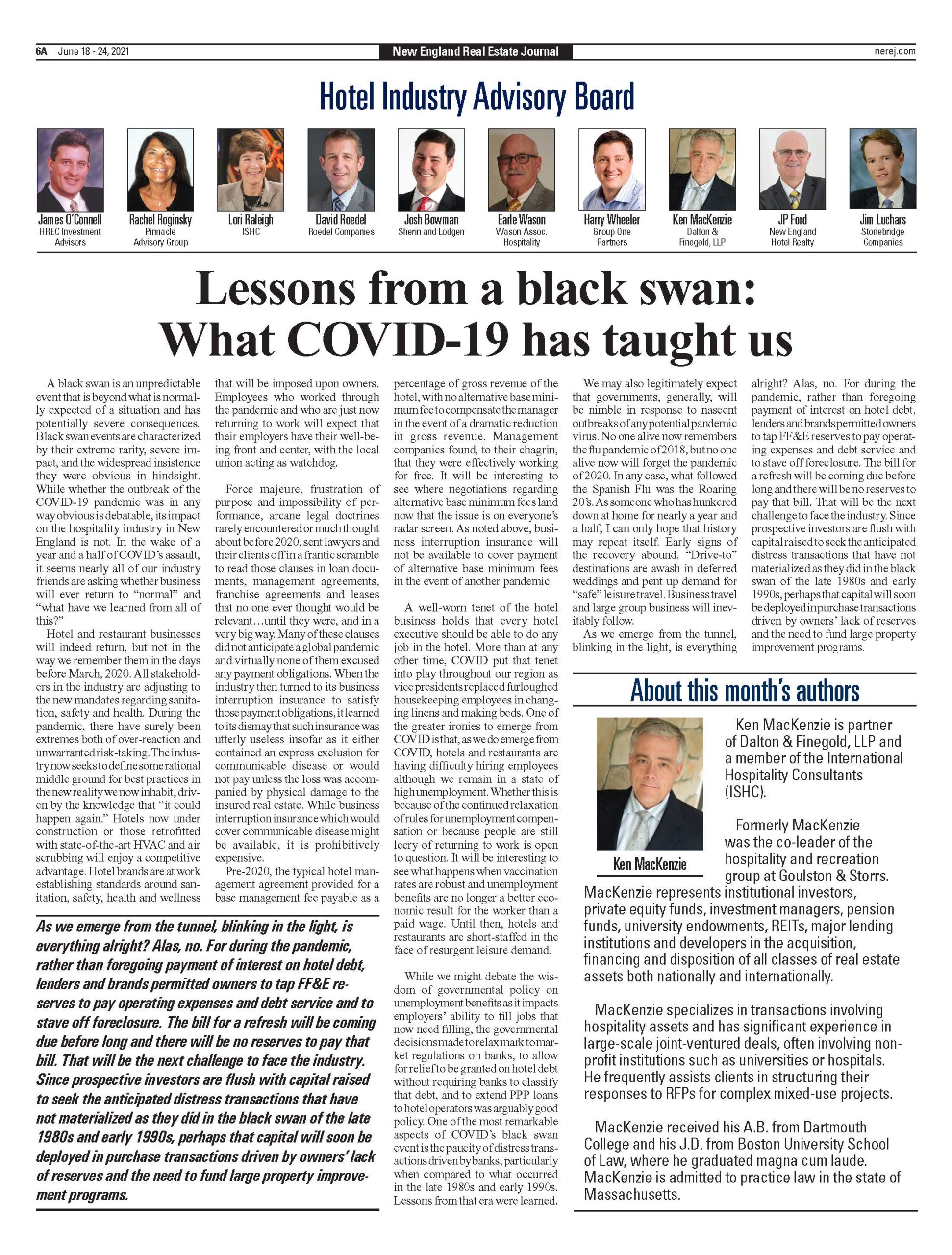Check out the latest article written by Partner Christopher Vaccaro
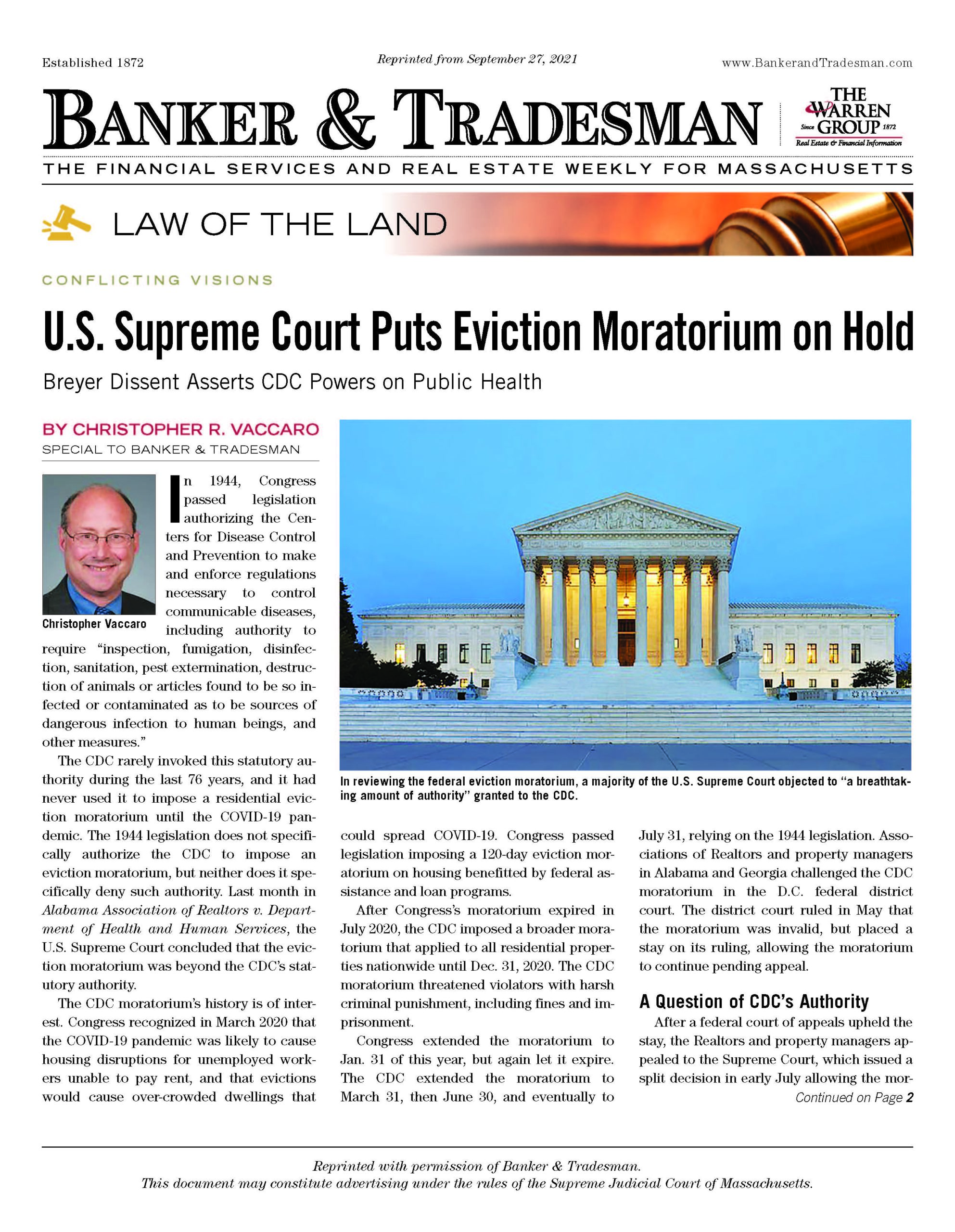
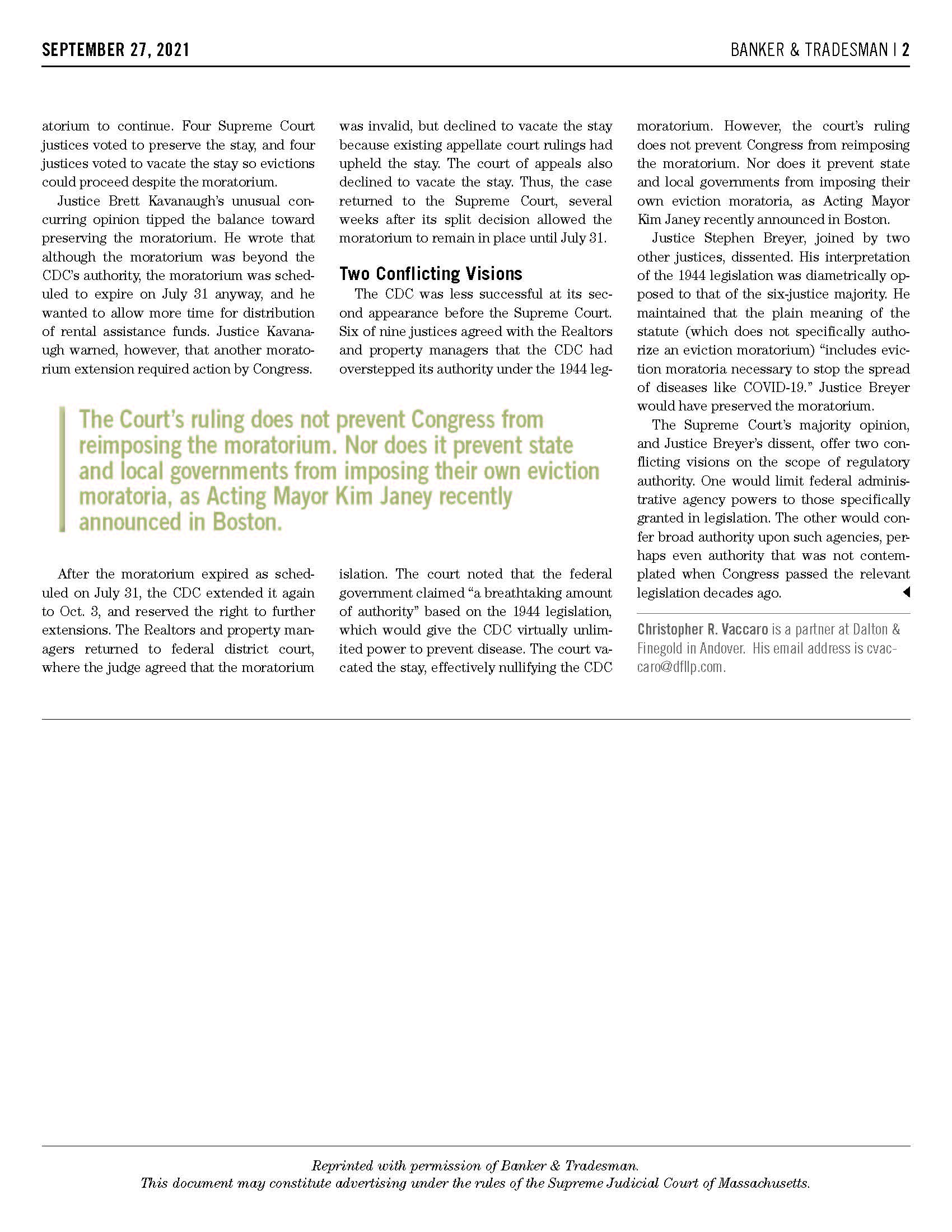 Word
Word
Check out the latest article written by Partner Christopher Vaccaro

 Word
Word
Check out the latest article written by Partner Christopher R. Vaccaro.
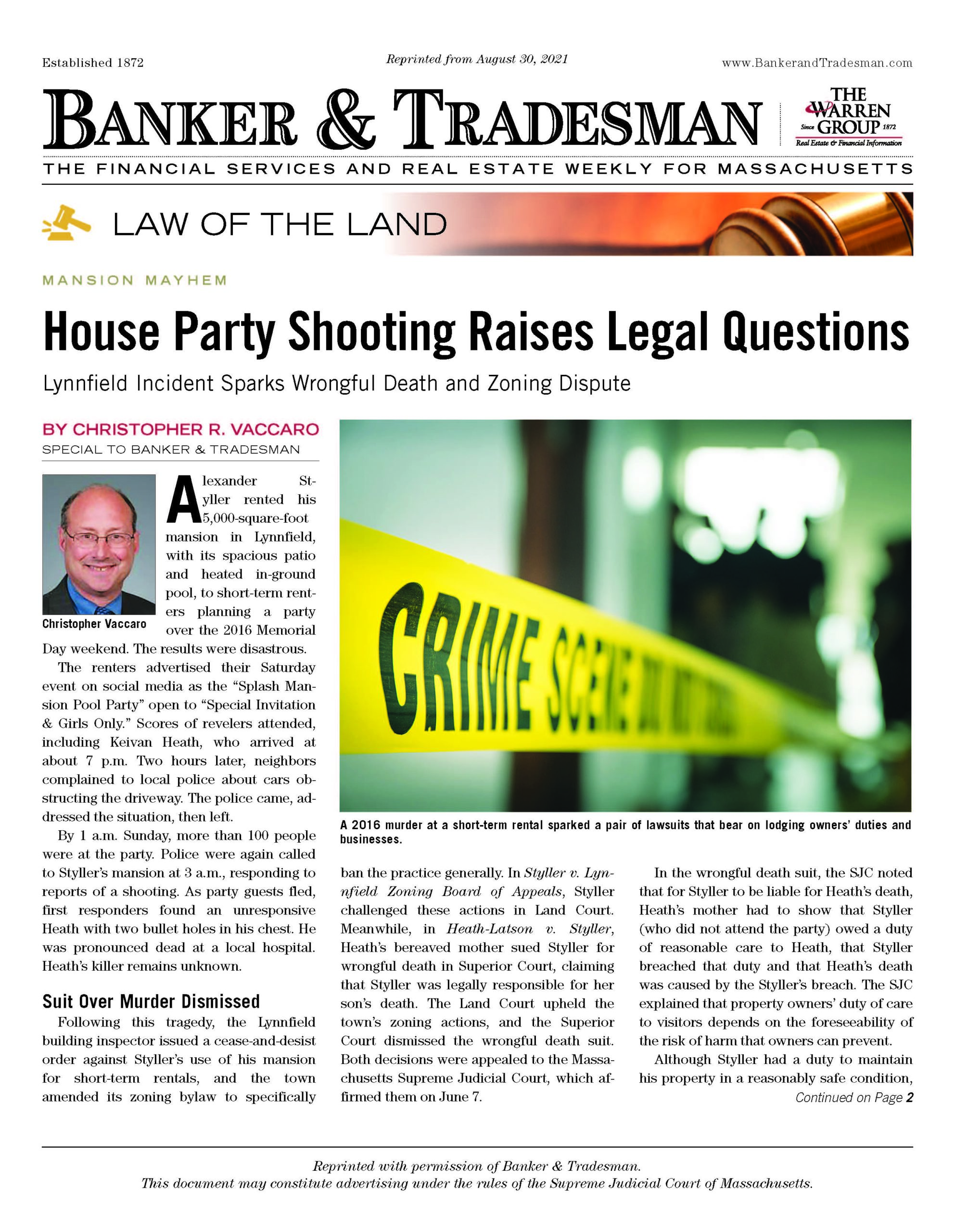
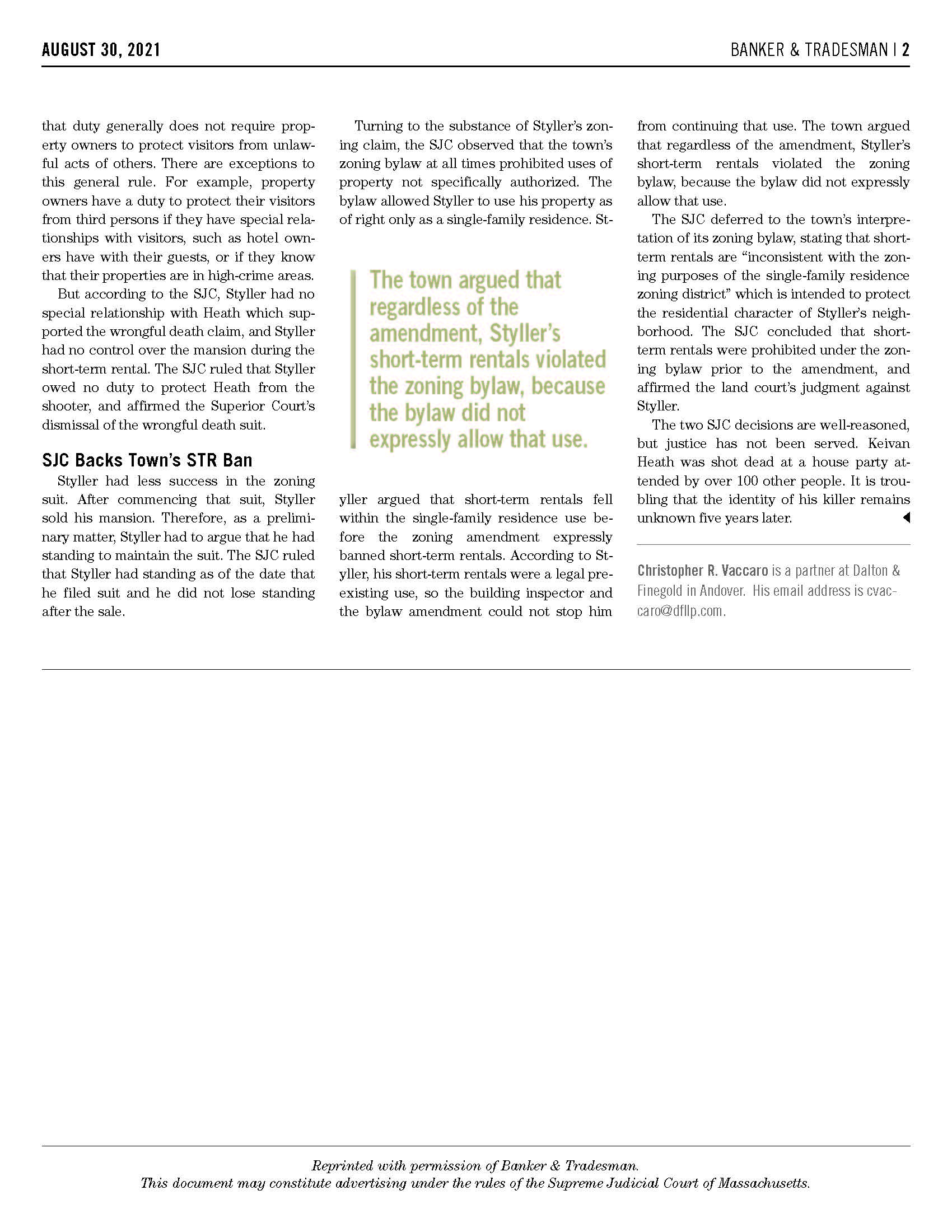
![]()
![]()
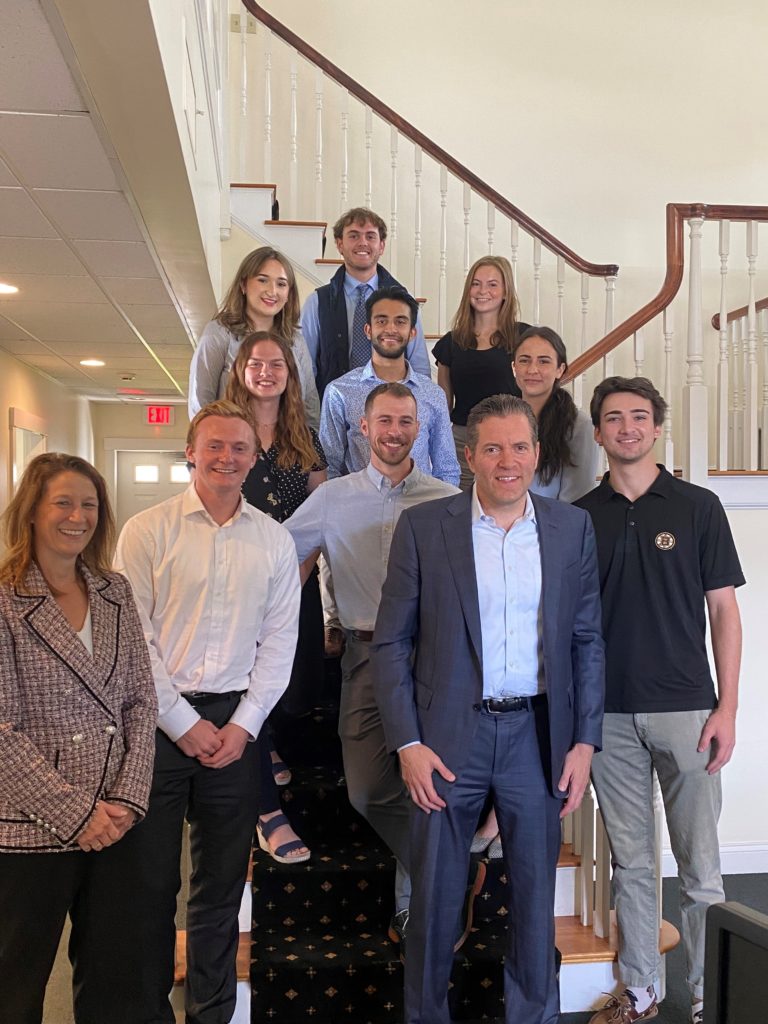
Dalton & Finegold is proud of our Summer Intern Class of 2021! Joining us from a variety of universities and majors, this bright group of interns filled much needed roles in our Residential and Commercial Real Estate Department, Litigation Department and Marketing Department. We wish them the very best as they head back to school.
Pictured here from top to bottom:
Max Chabin, Junior at Tufts University, Major: Economics; Minor: Finance & Latin
Olivia Cafarelli, Freshman at University of Connecticut, Major: Political Science & Human Rights
Sachin Sharma, Senior at University of Massachusetts Boston, Major: Political Science; Minor: Law
Catherine Weiner, Senior at Trinity College, Major: English, Minor: Legal Studies
Chloe Graham, Sophomore at University of New England, Major: Applied Exercise Science & Physical Therapy Program
Gretchen Goyette, 3L at University of Southern California Gould School of Law
Tim Walsh, 3L at Brooklyn Law School
Ben Holman, 2L at Suffolk Law
Max Alibrandi, Junior at Marist College, Major: Communications with concentration in Advertising/Marketing; Minor: Business
Also pictured here is Anne Webster, Chief of Operations (left) and Barry Finegold, Managing Partner (center)
Check out the latest article written by Partner Christopher Vaccaro.
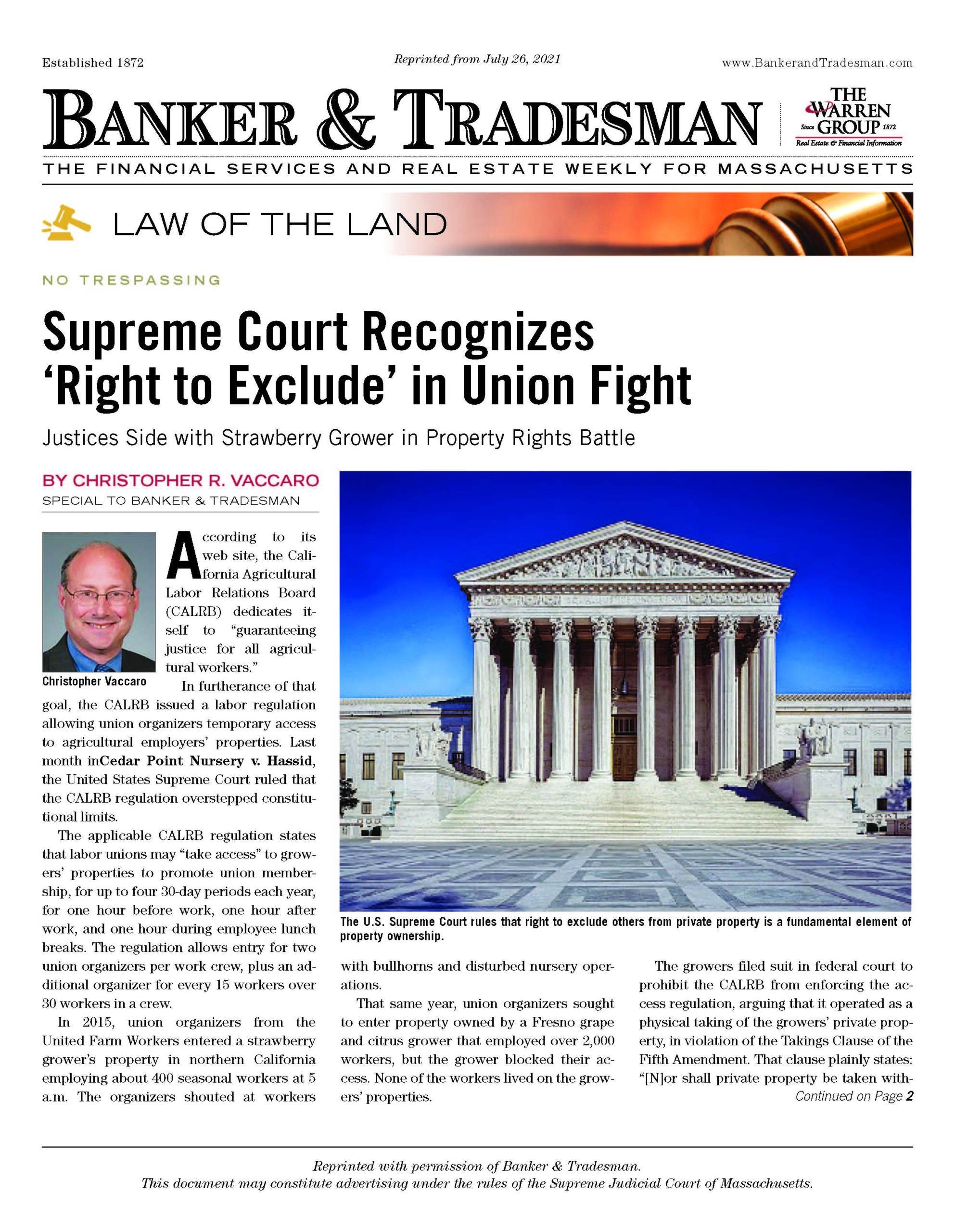
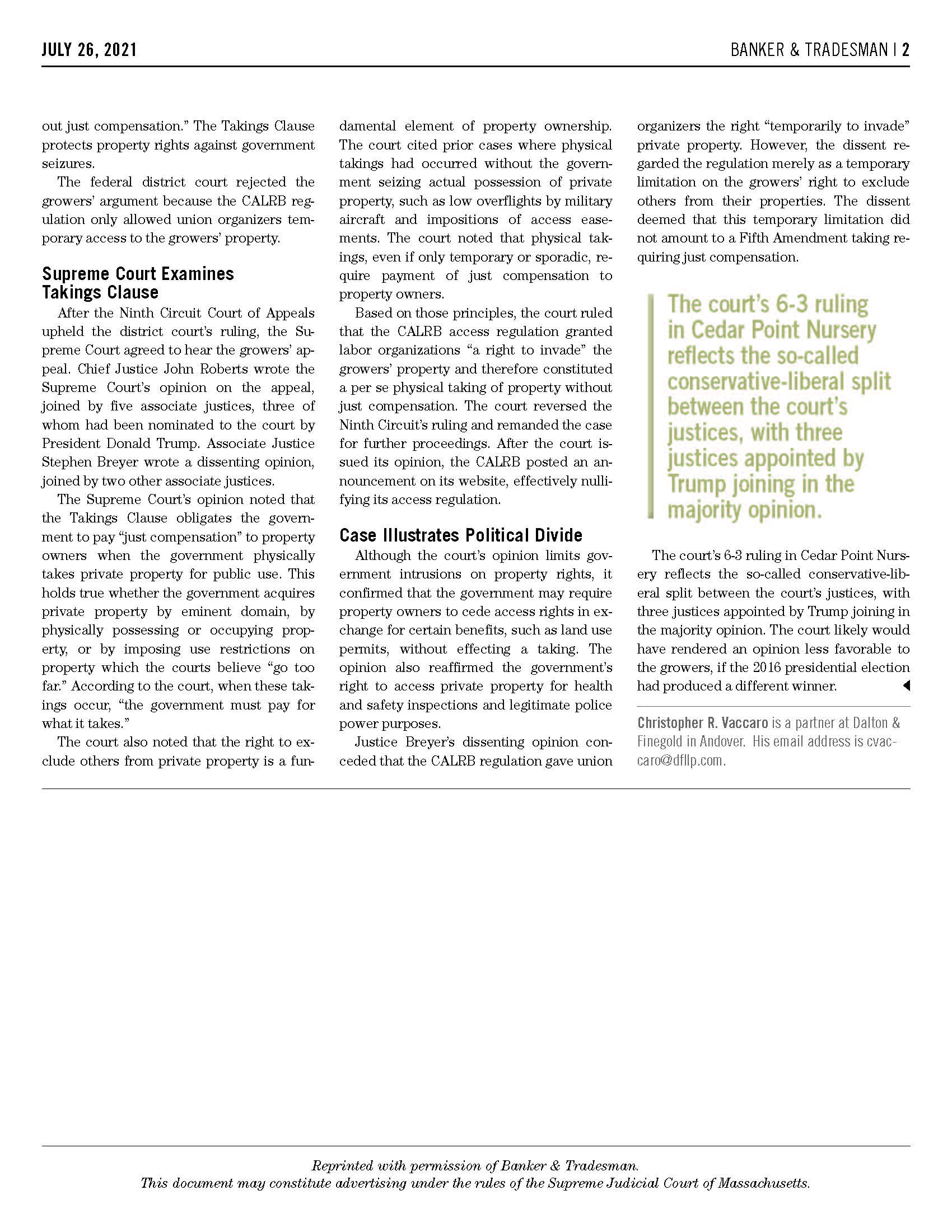
Check out the latest article written by Partner Christopher R. Vaccaro in the Banker & Tradesman.
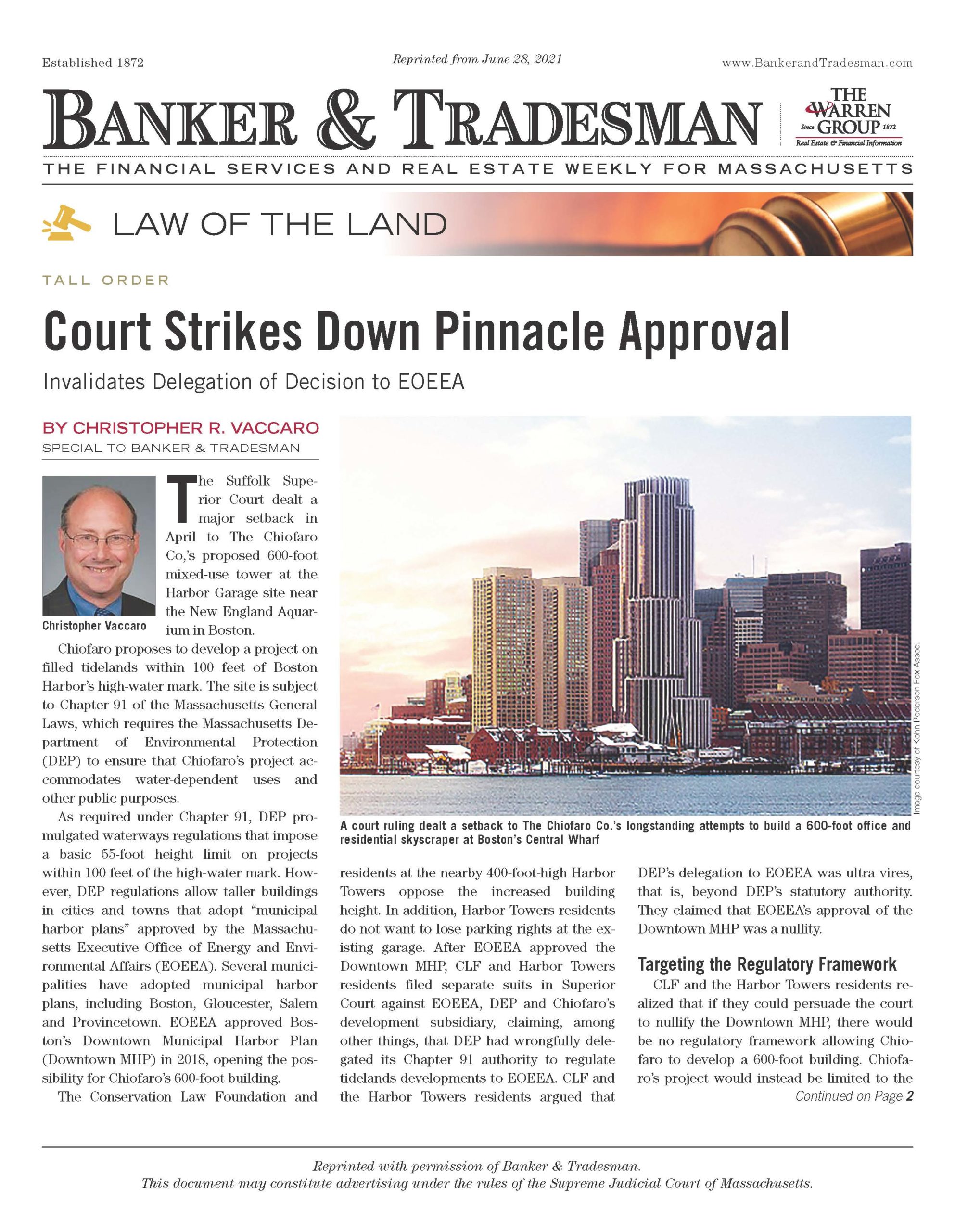
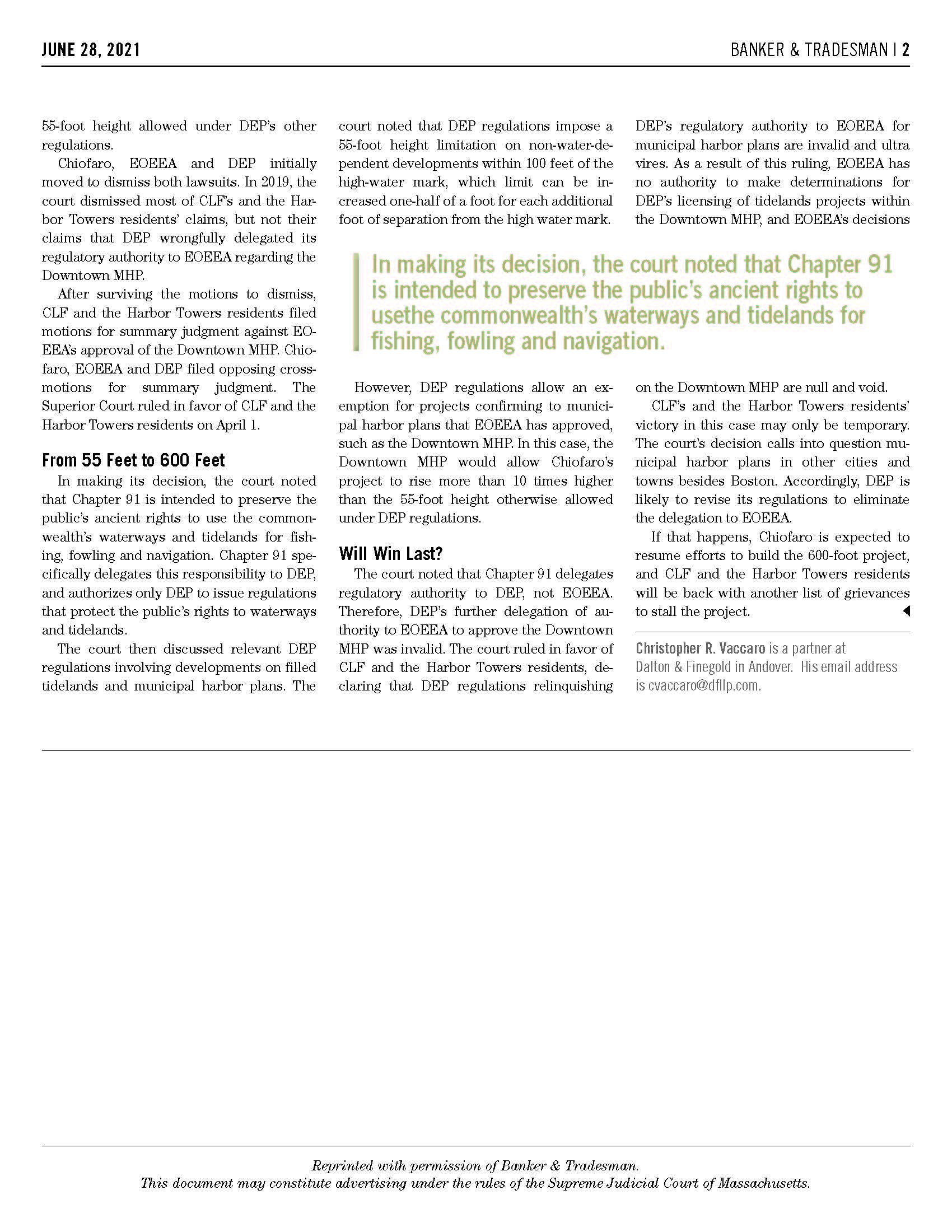
Check out the latest article written by Partner Ken MacKenzie on how COVID affected the hotel industry.
